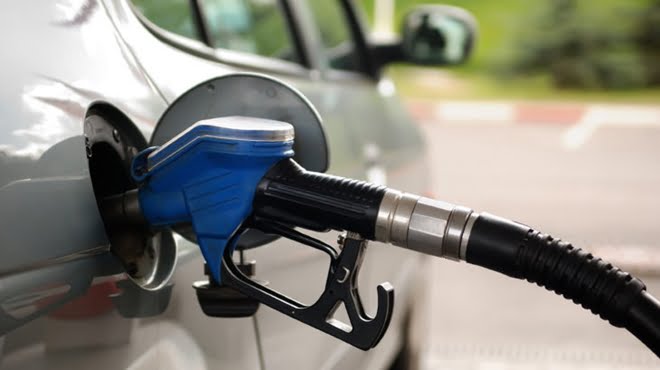The Department of Transport has transferred R5.7 billion to the toll road network of the South African National Roads Agency (Sanral).
In a statement on Monday (11 March), the department said that the transfer is a ‘strategic intervention’ to deal with the non-payment by Gauteng road users of the Gauteng Freeway Improvement Project (GFIP), which was designed to use e-tolling as its main funding mechanism.
Commenting on the announcement, civil society group Outa said it was now time for the government to seriously investigate the other policy options available to service the GFIP bonds.
Possible alternatives include the renegotiation of the debt with the PIC and reassessment of budget reallocations by Treasury to cover the debt, it said.
“In addition, while ring-fencing of a small part of the fuel levy for GFIP has been rejected by Treasury in the past, the time to reconsider this option has come,” it said.
“Furthermore, Outa believes that Sanral may be owed more revenue from the profits made by the three main toll concessionaires on long-distance tolled routes.”
“We believe that Government has kicked the e-toll can down the road for too long now and every day the scheme is left to continue in its failed state, the problems for Sanral will continue to grow,” said Rudie Heyneke, Outa’s Transport Portfolio manager.
Fuel levy not the answer
According to the Austrian electronic toll collection company, ETC, which collects e-tolls in South Africa, the current system is more than adequate to pay for Gauteng’s roads and service the debt – but government has to ensure people pay up.
“The world-class e-tolling system has worked and continues to work on a daily basis as it manages the busiest stretch of highway in Southern Africa,” the group said.
ETC said that the high rate of non-compliance is primarily a backlash against the government for adding more taxes while corruption was allowed to flourish, and not against the e-tolling system itself.
“The fact is, tolling works in South Africa and around the world and is an accepted, effective practice for funding road infrastructure. Government should come to grips with the real reasons behind non-compliance, instead of being the worker who forever blames his tools,” it said.
President of the South African Road Federation (SARF), Saied Solomons, has previously criticised calls for government to fund e-tolls through a fuel levy, saying such a system is unjust.
According to Solomons, with the fuel levy, the poor pay the same rate of tax as the rich – and those who can afford newer more fuel-efficient vehicles are paying less than poorer people driving older cars for the same distance travelled.
The fuel levy is also not transparent, and with the expected increase in electric vehicles in the future, also not sustainable, he said.
He also said that many people are paying more road-use tax with the fuel levy than what their comparative fair share of road use-demands – and they are also paying in personal time due to congestion and increased vehicle operating costs.
Future of e-tolls
In an interview with Independent Media in December 2018, Gauteng premier David Makhura said that e-tolling has no future in Gauteng and that he has president Cyril Ramaphosa’s ear on the matter.
“I am engaged in discussions with president Cyril Ramaphosa to scrap the e-tolls. I made a persuasive call to him,” he said.
“He understands that these e-tolls are burdensome to the working class owning cars and middle class.”
The Gauteng and national government has continued to flip-flop on the future of e-tolls with no clarity on whether or not the tolling system will be scrapped.
